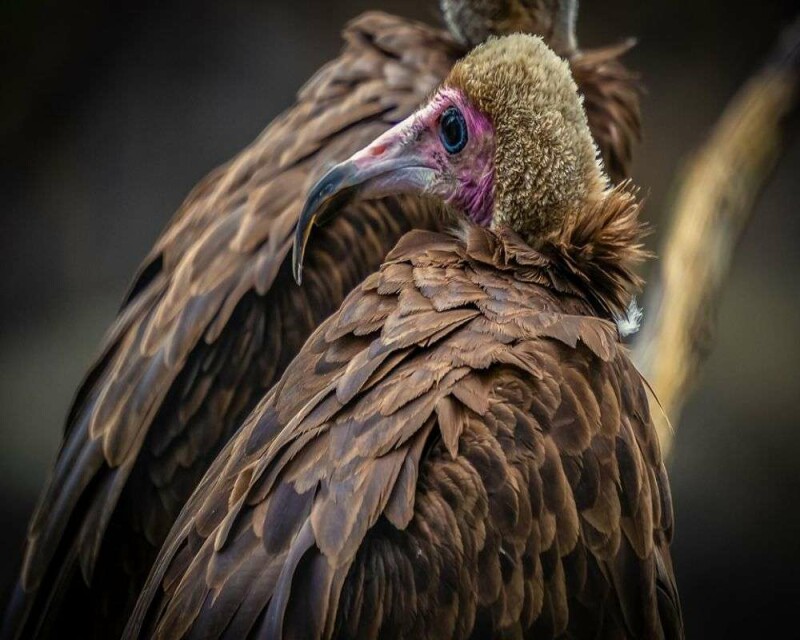

Spreading the bacteria with droppings around feeding areas for other livestock can spread diseases to other animals. These bacterial concerns include E-coli, Salmonella, and a host of other diseases harmful, even deadly to humans. The droppings are classified as sterile due to their acidic properties, but studies show the Turkey Vulture carries potentially pathogenic bacteria in the digestive system, which can produce some dangerous bacterial diseases that can be deposited with the waste of the birds. However, that is not the worse health concern. It has a strong ammonia odor that could cause a health problem if inhaled. The nasty substance presents a slip and fall risk when it is deposited on walkways. Turkey Vulture droppings will ruin the paint on an automobile very quickly. The droppings are acidic in nature, destroying surfaces on which it lands. These massive creatures have a huge appetite and drop huge amounts of waste products. Not only do these birds cause major structural damage, but they also can destroy caulking and roofing materials as well as many other resources.

Their bare heads and necks prevent bacteria from getting buried in their feathers. These scavengers feed on fresh meat and rotting carcasses.

Vultures are often considered ugly and smelly. What other animals have a bad reputation due to their odd appearance or behaviour?

Vultures Aren’t Just Ugly Birds Vultures are often ugly and smelly. Subscribe: Apple Podcasts | Google Podcasts | RSS | More
#Are vultures scavengers download#
Podcast: Play in new window | Download (626.0KB)


 0 kommentar(er)
0 kommentar(er)
